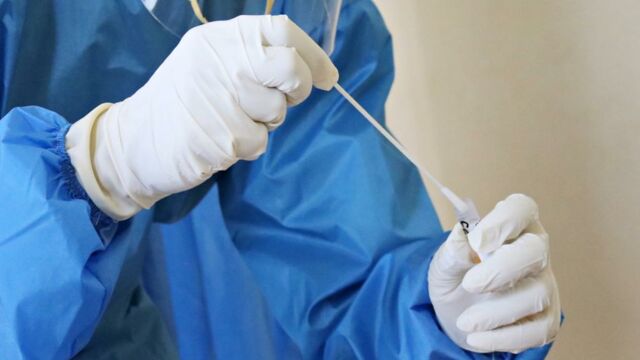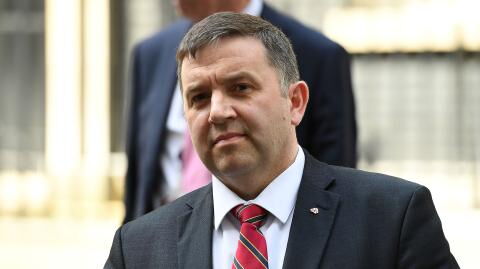Irish health authorities have recently revealed that the country has been struggling to contain the fresh crisis triggered by the emergence of the highly contagious Omicron variant. Despite having a relatively small population of 5 million people, the ‘high level of disease’ in Ireland has sparked a shortage in PCR tests.
Discover our latest podcast
Running out of PCR tests
The shortage is expected to only get worse with the holiday season, and the Health Service Executive has warned that there could be a long waiting time for those hoping to get tested. For now, they’re recommending citizens to follow public health advice and restrict their movements as soon as they notice any symptoms. Damien McCallion, HSE National Director, told RTÉ:
When the disease is at the level that it's at, at the moment, it's almost impossible in relation to trying to sustain that demand. So, we'll continue to provide a service, we will continue to provide access and continue to open up slots for people.
But what's really key for people is to follow the public health advice in relation to restricting your movements and ensuring that you're symptom free for 48 hours before changing that.
High positivity rate
Furthermore, the BBC reported that there was a shockingly high positivity rate amongst those taking PCR tests. Irish national broadcaster RTÉ confirmed that almost 50% of the tests were showing positive results—meaning that one in every two people that have been tested are infected with the virus.
On Monday, over 6,700 new cases were recorded in the country and Ireland’s Department of Health believes that 87% of all infections are ‘due to the Omicron variant.’
In response to the outbreak, the government has been urging everyone to get their booster dose and has also brought back certain restrictions to curb the spread. From 20 December, all restaurants and pubs are expected to close by 8 PM, face masks will have to be worn when you’re not seated at the table, and only groups of six are allowed to enter. Businesses are also being encouraged to reject customers who do not have proof of immunity.















